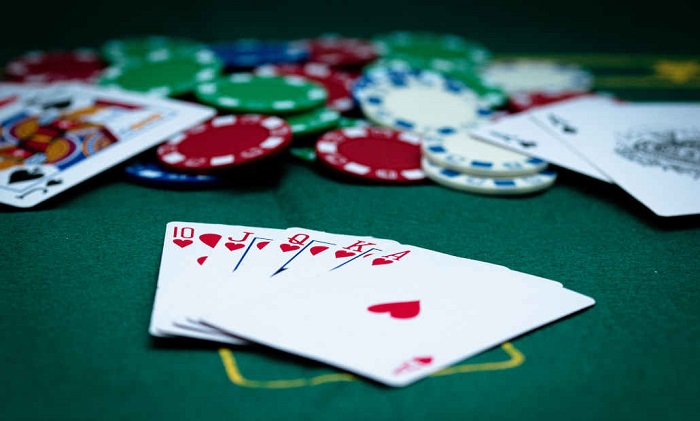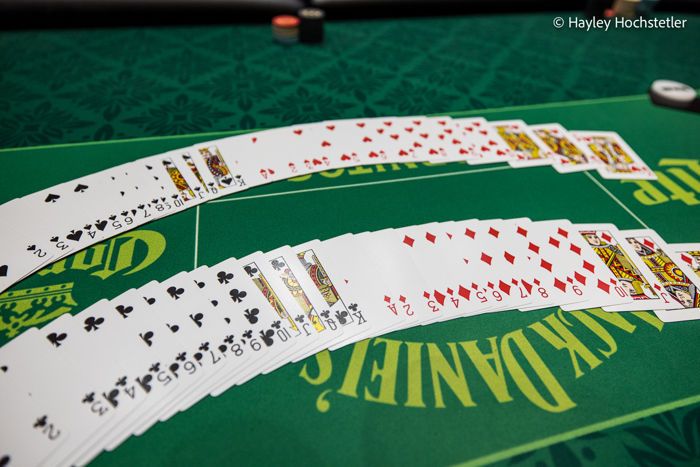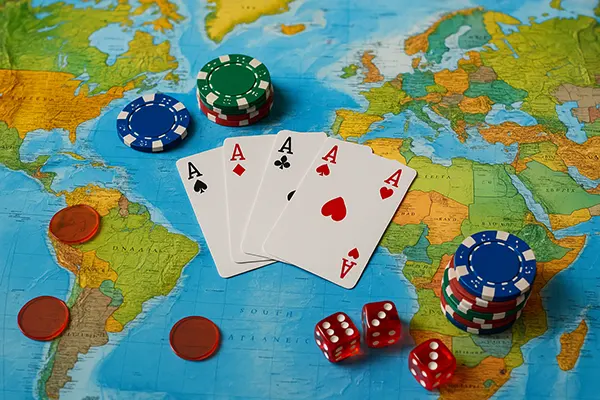
Card Counting: Enhancing Your Poker Game
Card counting is a widely known strategy primarily associated with blackjack, but it can also be applied to poker. This method involves tracking which cards have been dealt to determine the likelihood of certain cards being dealt next. In poker, this technique can give players an edge by helping them make more informed decisions based on the remaining cards in the deck. Understanding card counting in poker, its implications, and how to use it effectively can enhance a player’s game significantly.
What It Is and How It Works
Card counting in poker involves keeping track of the cards that have been dealt to predict the odds of upcoming cards. This technique requires a keen memory and the ability to quickly calculate probabilities based on the visible cards. Unlike blackjack, where card counting is used to gauge the ratio of high to low cards left in the deck, poker players use this strategy to estimate opponents’ hands and adjust their play accordingly. The effectiveness of card counting in poker depends on the type of game being played, the number of decks in use, and the betting structure.
In games like Texas Hold’em or Omaha, where community cards are used, card counting can be particularly useful. By keeping track of the cards that have already been revealed, a player can better estimate the remaining deck composition and adjust their strategy. For instance, knowing that several high cards have been dealt can influence a player’s decision to bet or fold. Mastering this skill involves continuous practice and an in-depth understanding of the game’s mathematics.
What Is the Main Meaning of This Strategy
The primary purpose of card counting in poker is to gain a strategic advantage over opponents. By knowing which cards are left in the deck, players can make more accurate predictions about their opponents’ possible hands. This insight can lead to better decision-making, such as when to bet aggressively, when to bluff, or when to fold. Card counting helps in reducing the element of luck in poker, making the game more about skill and strategy.
For instance, if a player knows that most of the high cards have been dealt, they can infer that the likelihood of opponents holding strong hands is lower. This information can be used to apply pressure through betting or to call bluffs with a higher degree of confidence. The ability to read the deck and opponents’ tendencies allows card counters to minimize losses and maximize gains, leading to a more consistent winning strategy over time. However, it is essential to remember that card counting is not a foolproof method and must be combined with other poker skills to be truly effective.
What Advice Can Be Given to a Beginner
For beginners interested in card counting in poker, the best advice is to start with the basics. Learn the rules and variations of poker thoroughly before attempting to implement card counting. Practice keeping track of the cards that have been dealt in low-stakes or friendly games to build your skills. It’s also crucial to study poker mathematics and probability to understand the odds and improve decision-making. Joining a poker community or taking online courses can provide valuable insights and tips from experienced players. Lastly, always stay aware of the game’s flow and manage your bankroll wisely to avoid significant losses.
Is This Prohibited and Why
Card counting is not illegal in poker, but it is often frowned upon and can lead to penalties in certain settings. Unlike blackjack, where casinos actively ban players suspected of counting cards, poker rooms generally do not enforce such strict measures. However, the use of card counting techniques can still draw unwanted attention from other players and casino staff. This is because card counting, while not illegal, can be seen as an unfair advantage, especially in high-stakes games where the financial implications are significant.
Casinos and poker rooms may take steps to level the playing field if they suspect a player is using advanced strategies like card counting. This could include increasing surveillance on the player, changing dealers frequently, or even asking the player to leave the game. The main concern for poker establishments is maintaining a fair and enjoyable environment for all participants. As such, overt attempts to count cards or exploit game mechanics can lead to repercussions, albeit less severe than those in blackjack.
Players should always be mindful of the house rules and the general atmosphere of the poker room they are in. Discretion is key; while card counting can be a valuable skill, flaunting it can lead to negative consequences. Practicing ethical play and respecting the spirit of the game ensures a more positive experience for everyone involved.
How Much This Can Help in the Game
Card counting can significantly enhance a player’s performance in poker by providing deeper insights into the game’s dynamics. Players who effectively use this strategy can make more informed decisions, increasing their chances of winning over the long term. For example, by knowing the likely distribution of remaining cards, a player can better gauge when to bluff, when to bet heavily, and when to fold. This strategic edge can translate to more consistent profits and a higher overall win rate.
However, it’s essential to recognize that card counting is just one aspect of a successful poker strategy. Combining this skill with strong fundamental play, such as reading opponents, managing bankroll, and understanding game theory, is crucial for long-term success. The psychological aspect of poker, including controlling one’s emotions and reading opponents’ tells, is equally important and should not be overlooked.
In high-stakes games, where the competition is fierce and the skill level is high, card counting can provide a marginal but meaningful advantage. It helps in minimizing losses during bad runs and maximizing gains during favorable situations. Ultimately, the ability to count cards effectively can differentiate between a good player and a great one, contributing to overall success in the game.

Which Famous Players Used It
Several renowned poker players have employed card counting and similar techniques to gain an edge in their games. One of the most famous examples is Phil Ivey, known for his exceptional skill in reading opponents and understanding the game’s intricacies. While Ivey is primarily celebrated for his psychological acumen, his ability to keep track of cards and make strategic decisions based on this information has contributed to his success.
Another notable player is Stu Ungar, often considered one of the greatest poker players of all time. Ungar’s incredible memory and ability to recall cards played a significant role in his dominance in the poker world. His skill in card counting, combined with his aggressive playstyle, allowed him to win numerous high-stakes tournaments, including the World Series of Poker Main Event three times.
Doyle Brunson, a legendary figure in poker, also utilized card counting in his early career. Brunson’s deep understanding of the game’s mathematics and probabilities helped him make informed decisions at the table. His comprehensive approach to poker, which included elements of card counting, has cemented his status as one of the all-time greats in the sport.






